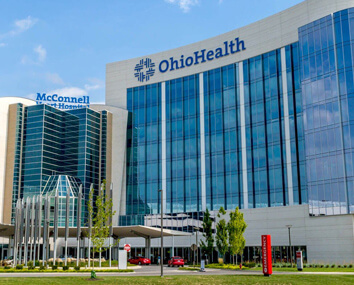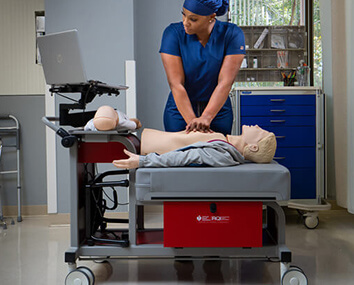eBooks and Case Studies
eBooks

Trinity Health Muskegon Hospital
Learn about their seven-year journey to quality improvement, and the impact that adopting digital training solutions has had.

New eBook
Stay tuned for a fresh, new eBook set to release in 2025!
Case Studies

Baylor Scott & White Surgical Hosptial
Revamping their resuscitation training approach led to reduced costs & improved patient safety.

OhioHealth
With 15,000+ employees needing CPR training, OhioHealth needed a versatile and convenient solution.

Ohio State University Wexner Medical Center
OSU Wexner searched for an innovative and enhanced approach to CPR training to improve their providers training and workflow.

University of Rochester Medical Center
URMC’s growth necessitated a reevaluation of its education and CPR training to keep staff skills sharp.

Harrison Medical Center
Administrators wanted to maintain a high-level of care, and looked for a CPR training program to strengthen provider skills and training consistency.

The University of Alabama at Birmingham
One nurse’s in-hospital heart attack showed the importance of low-dose, high-frequency CPR training.





